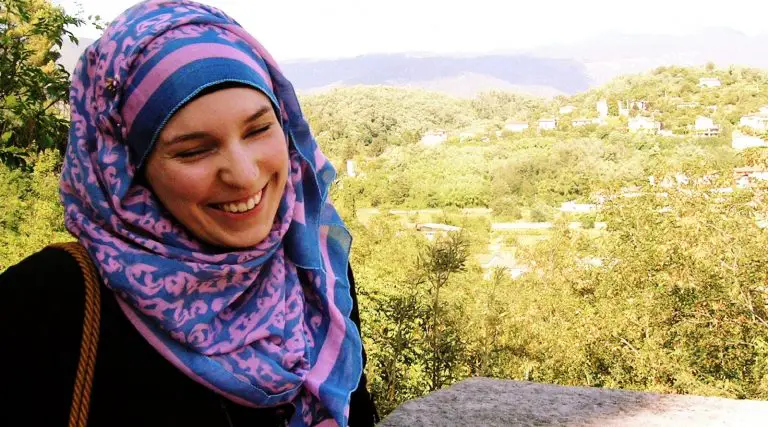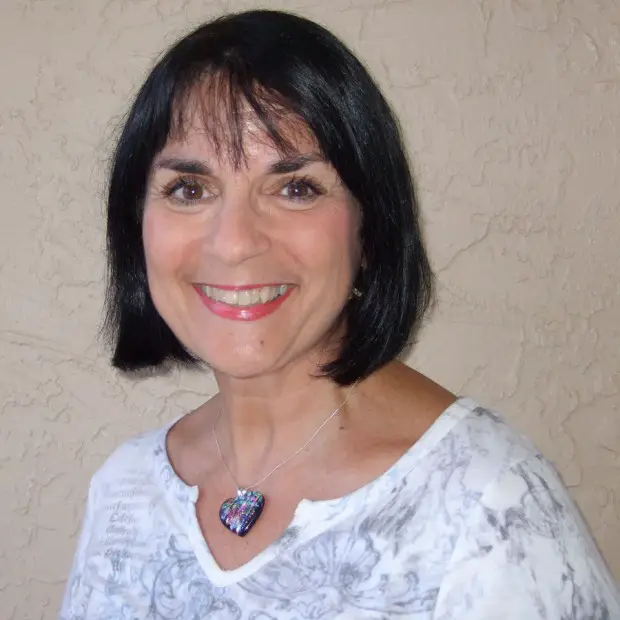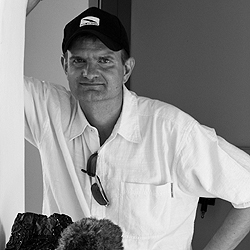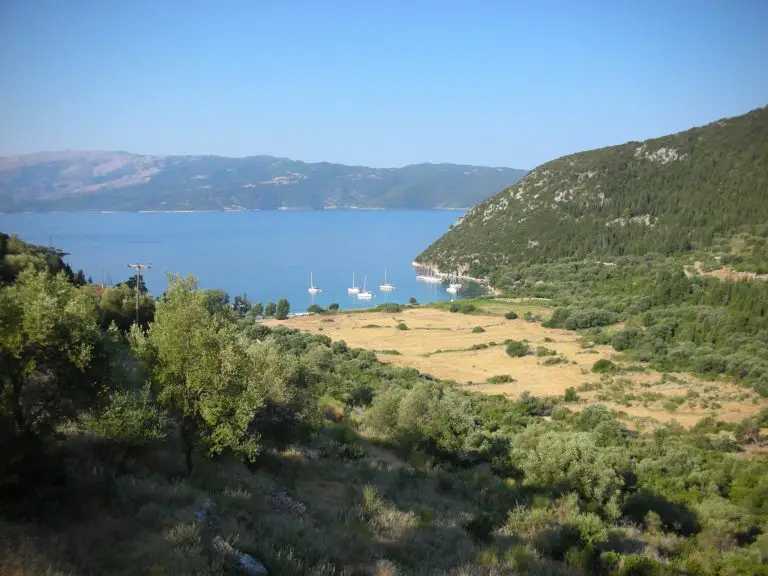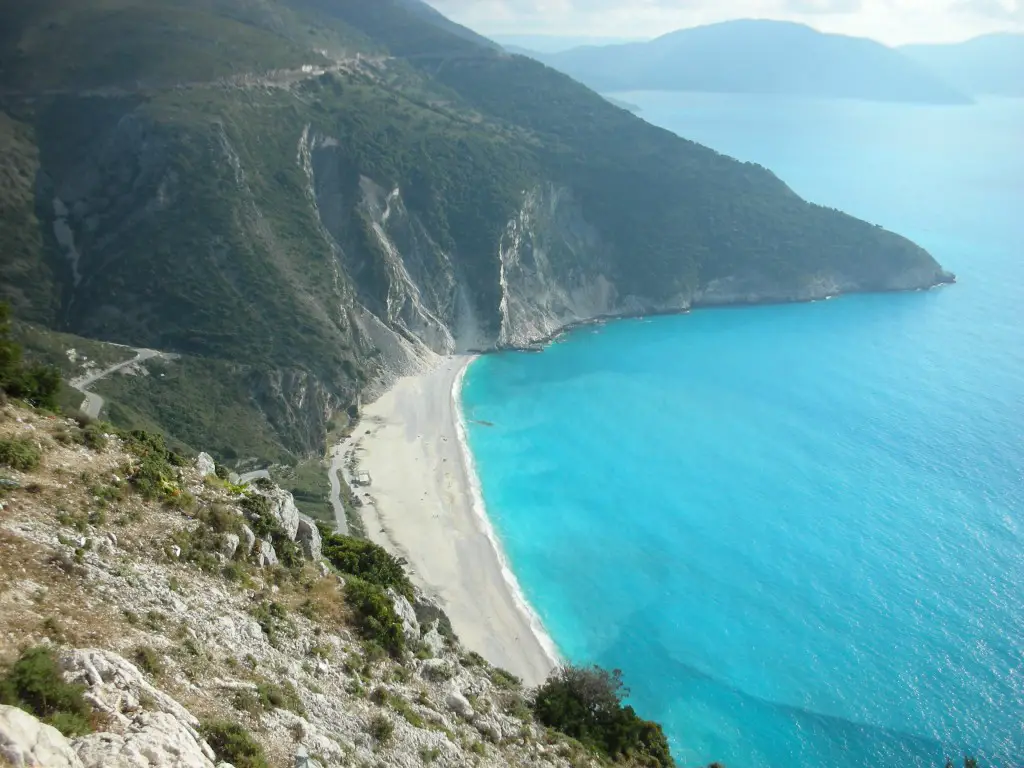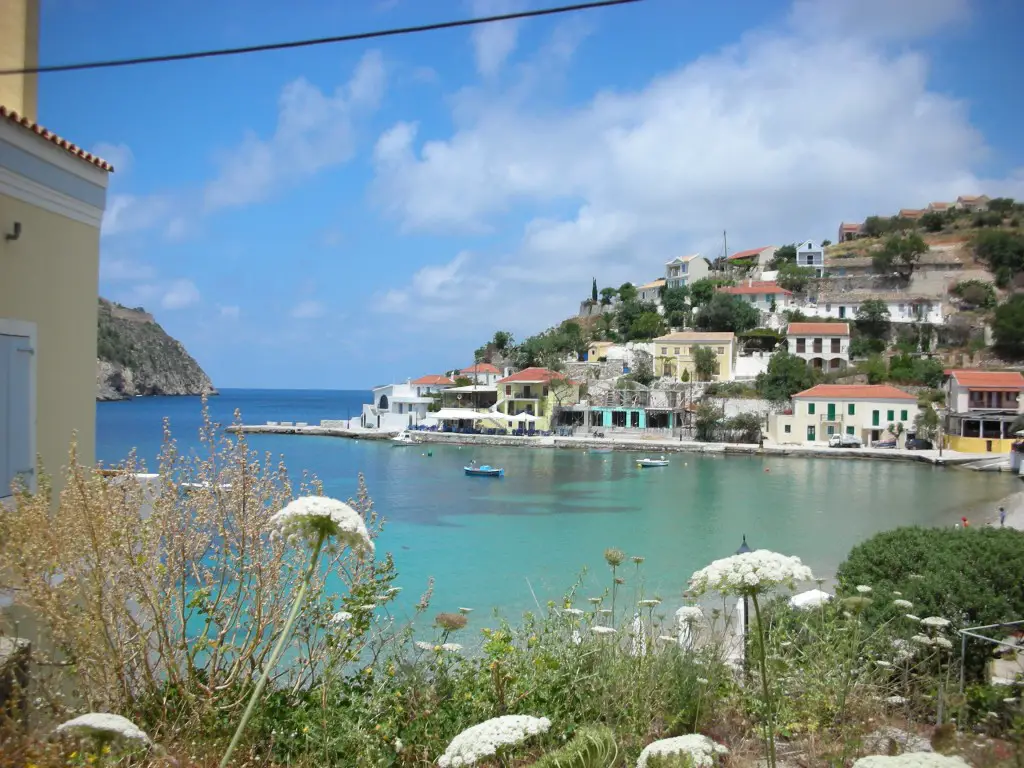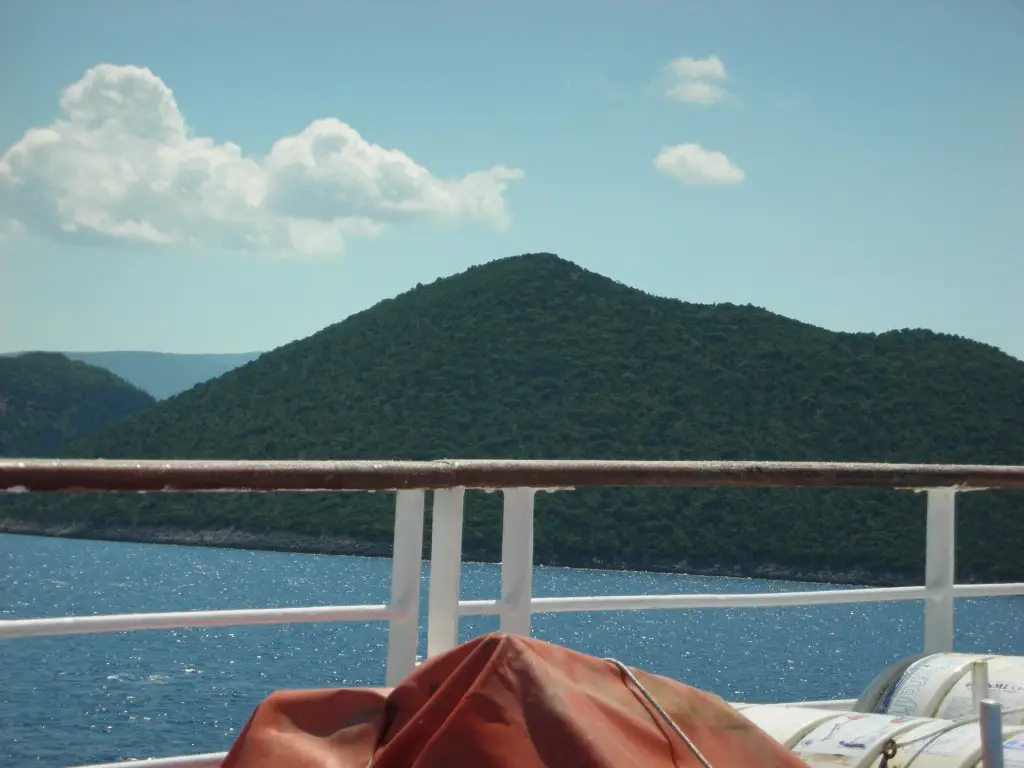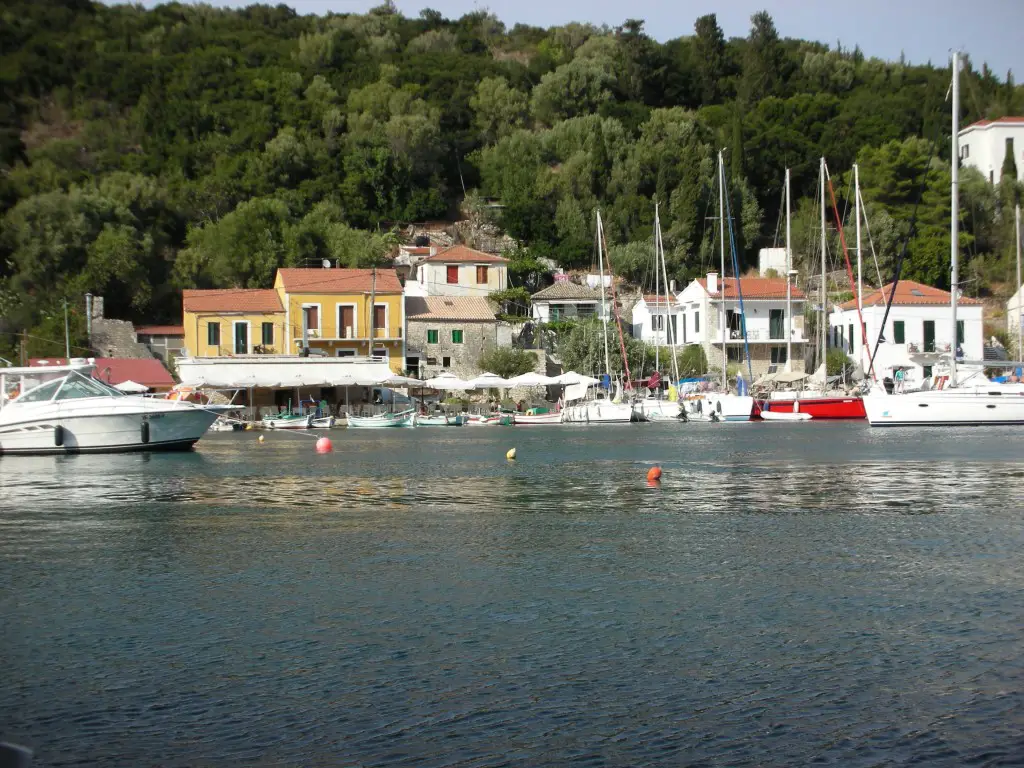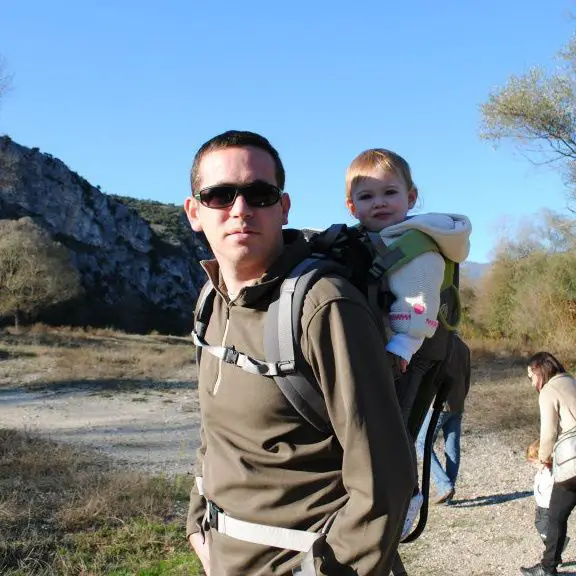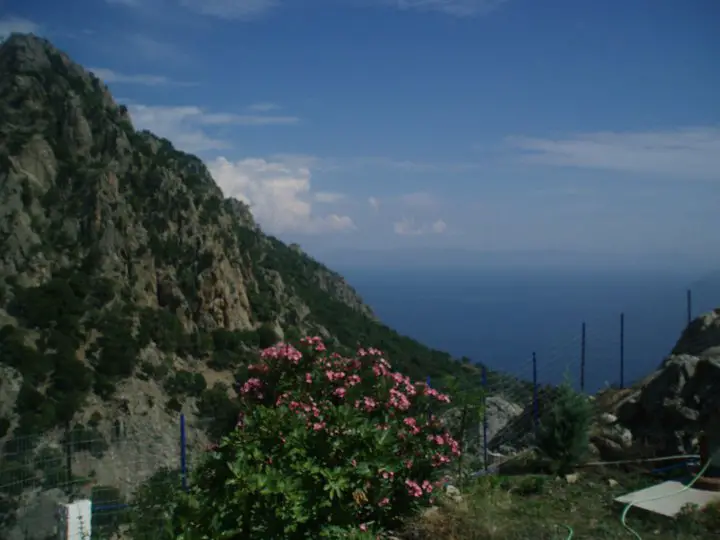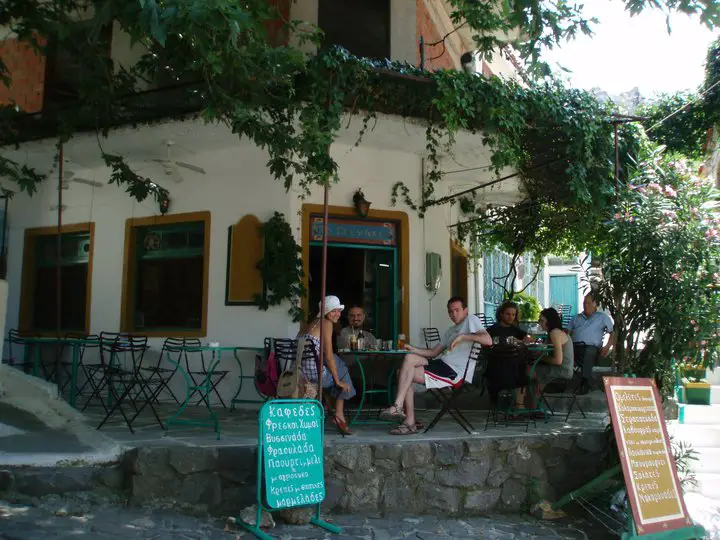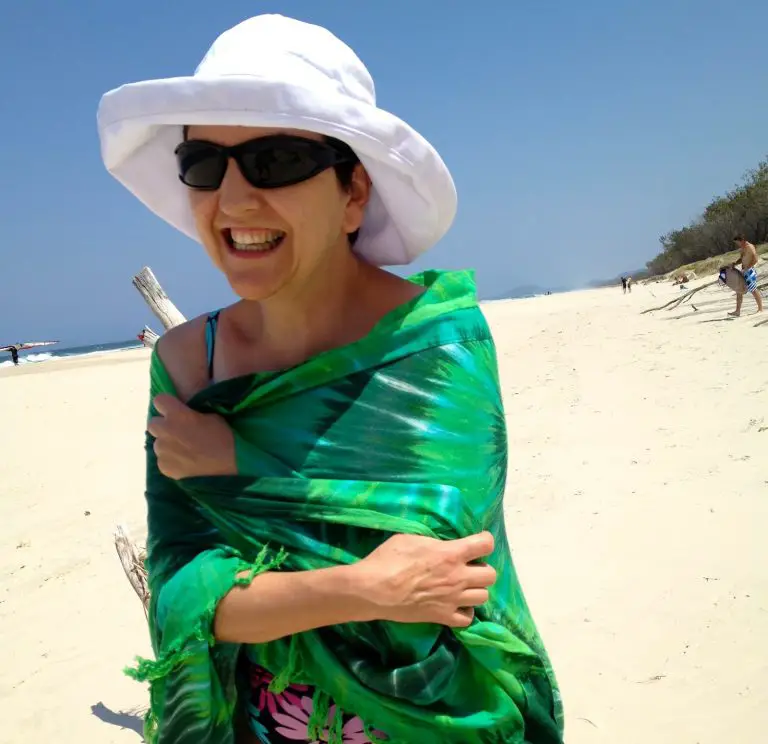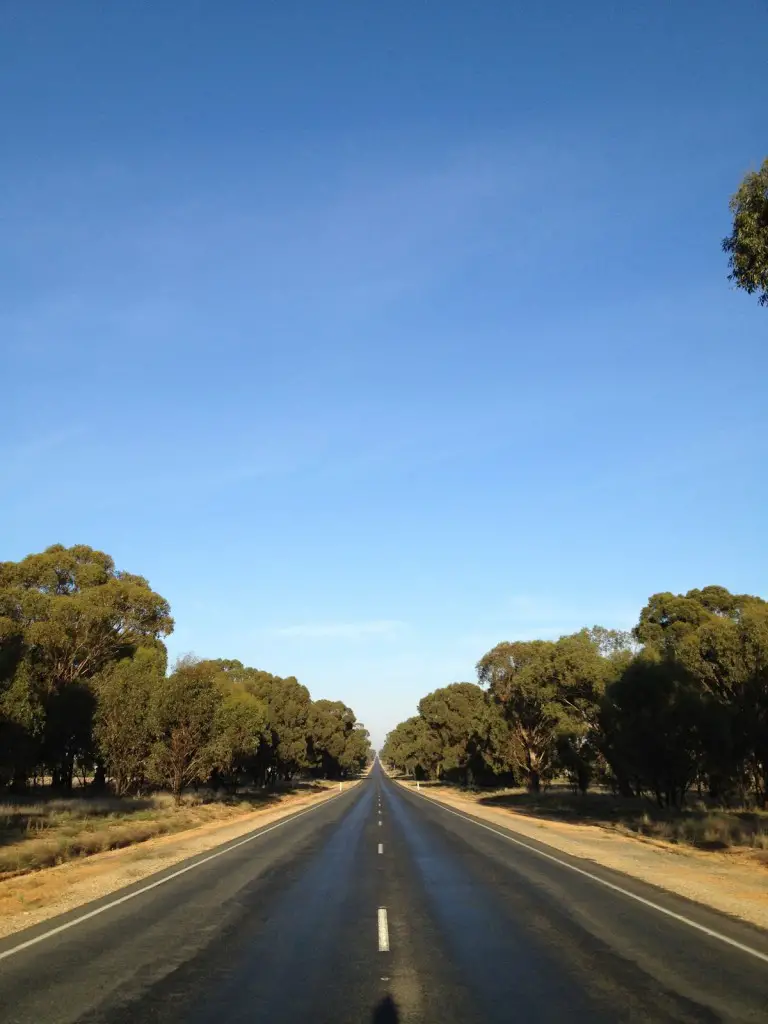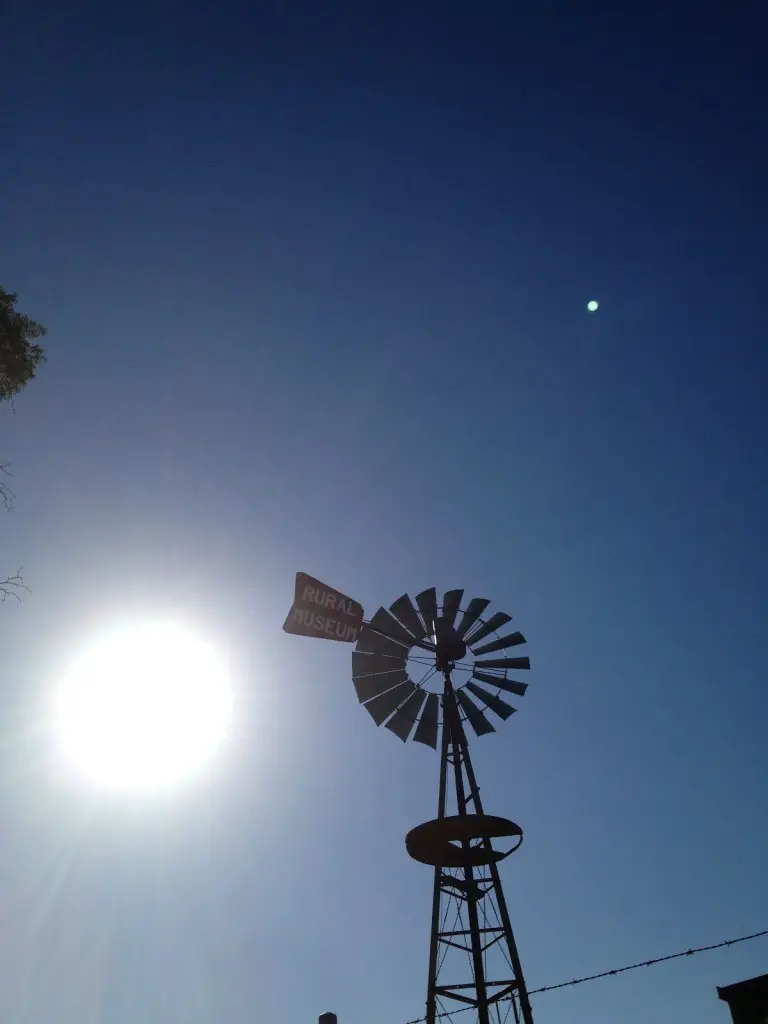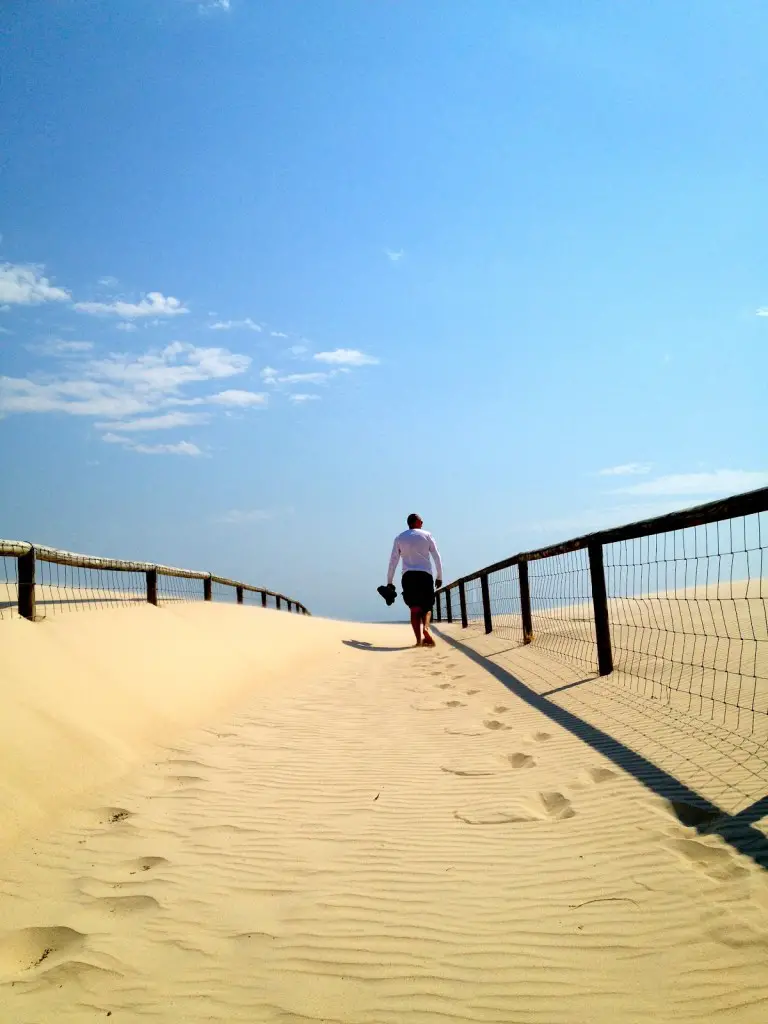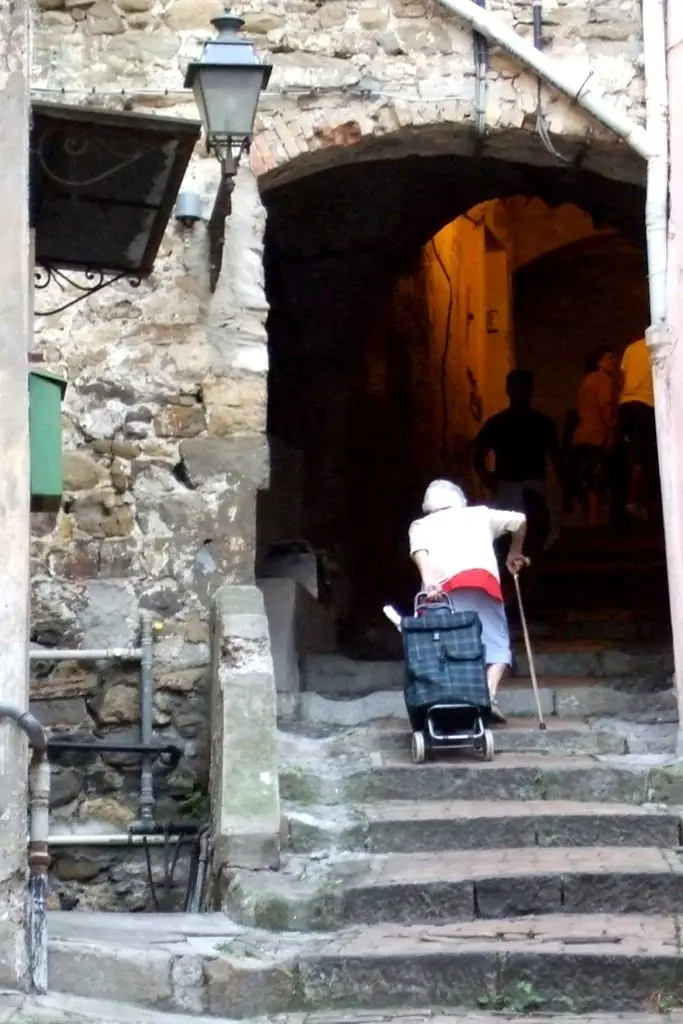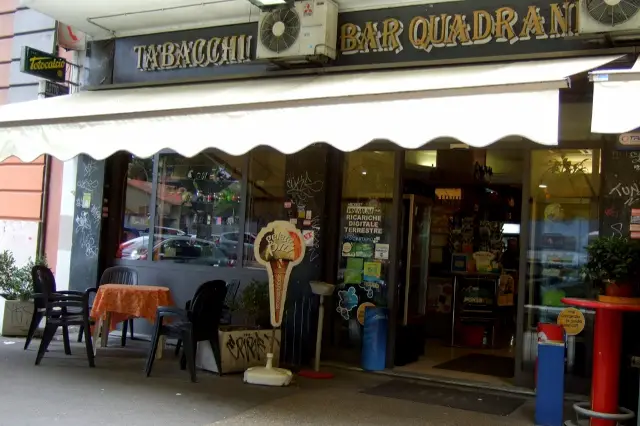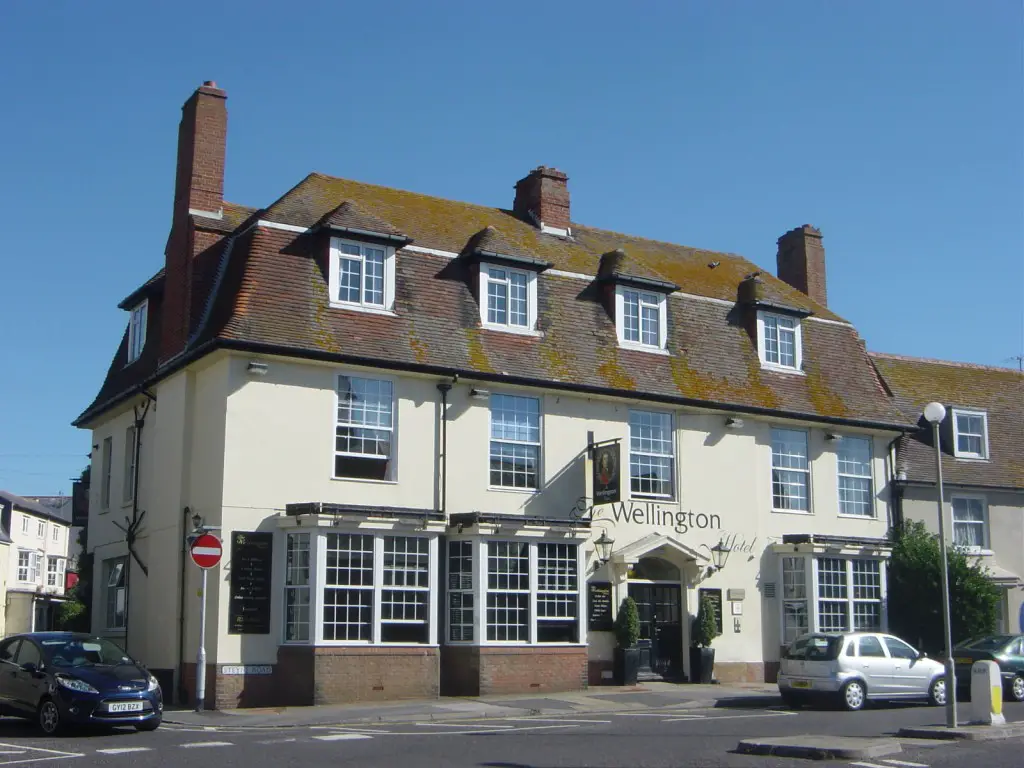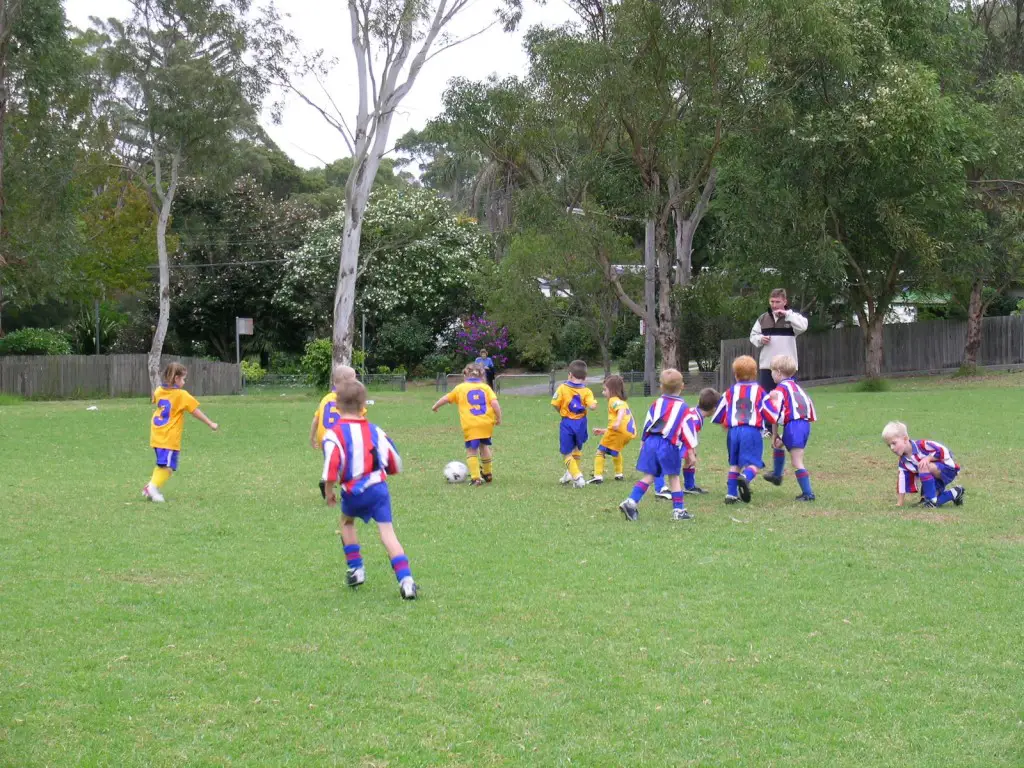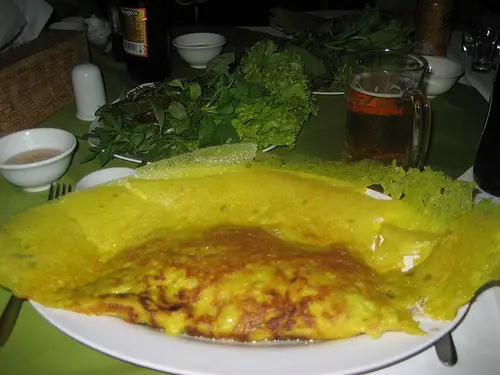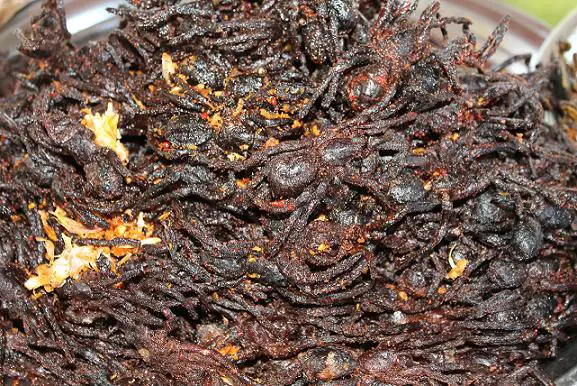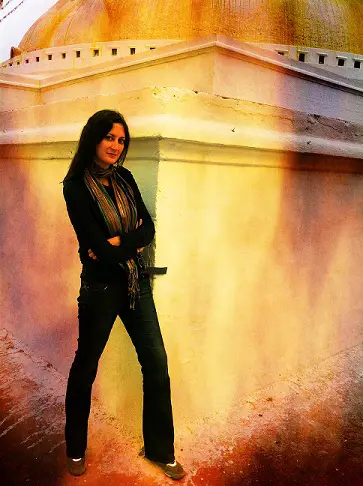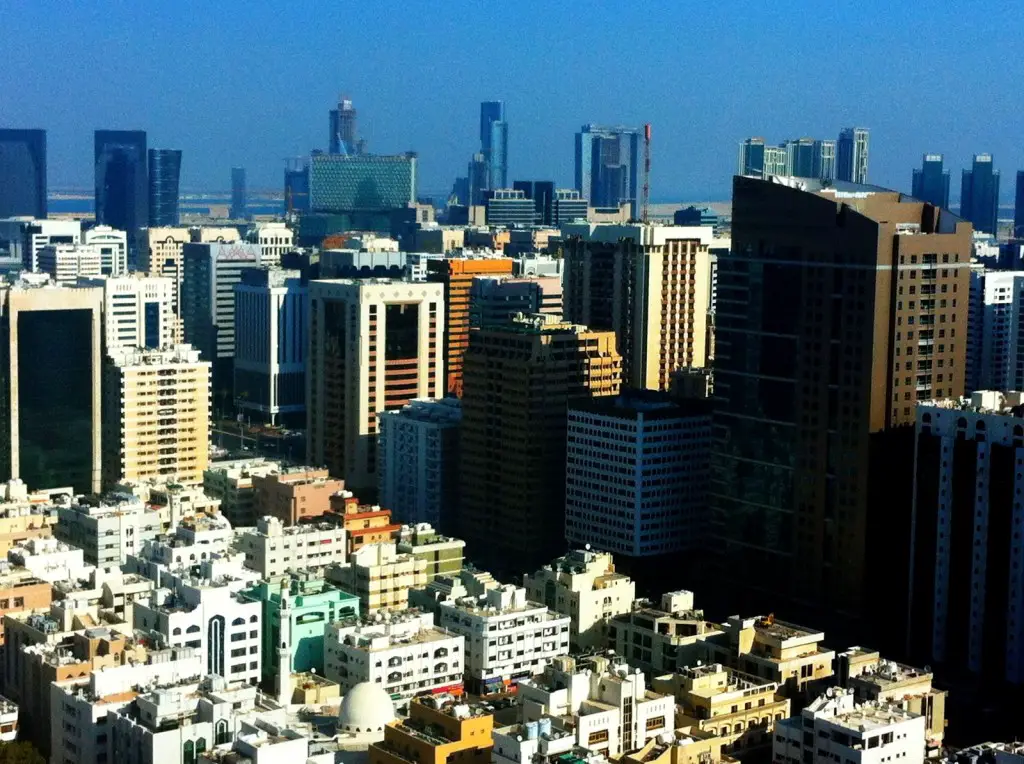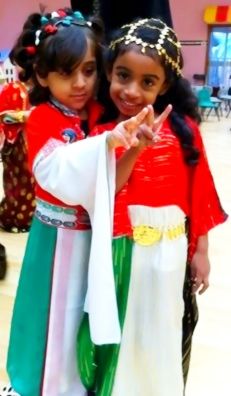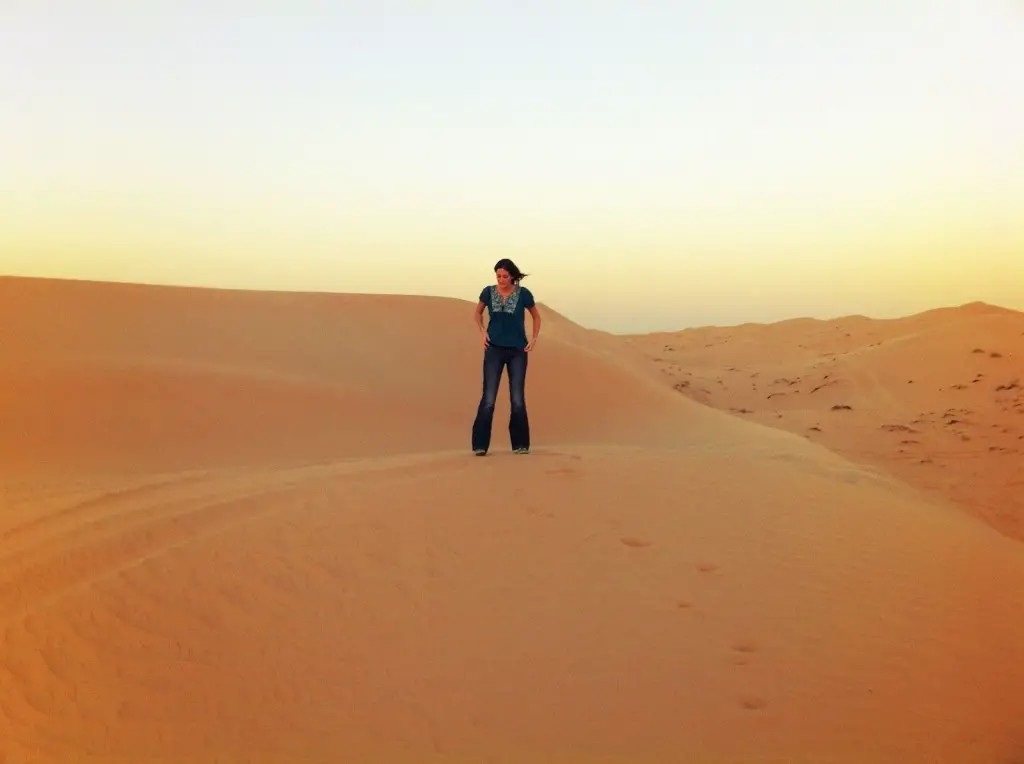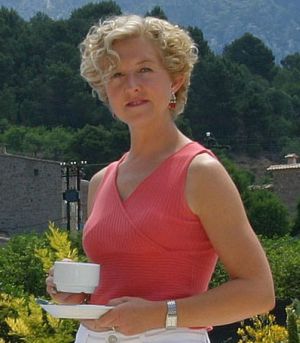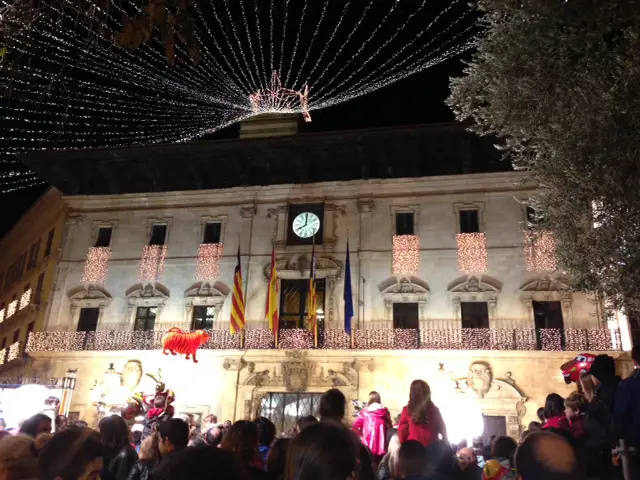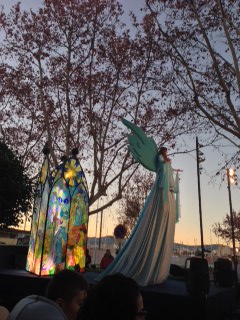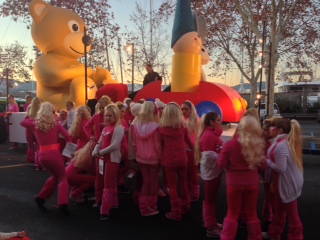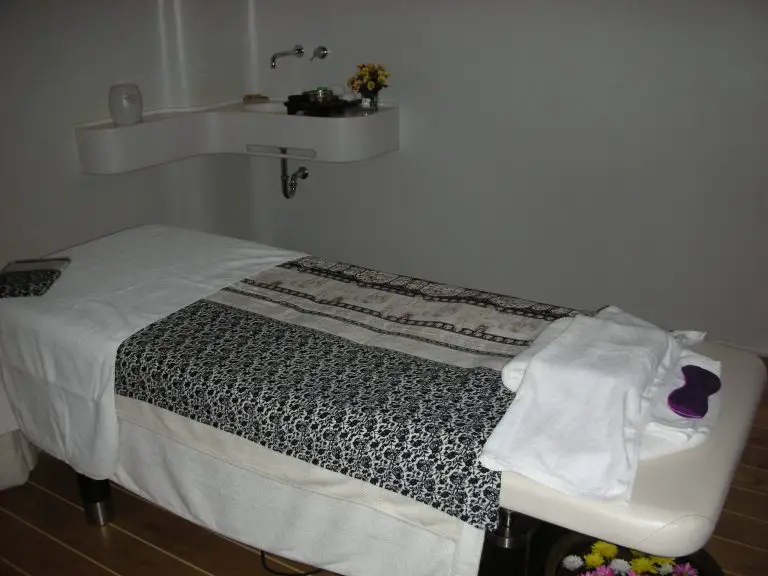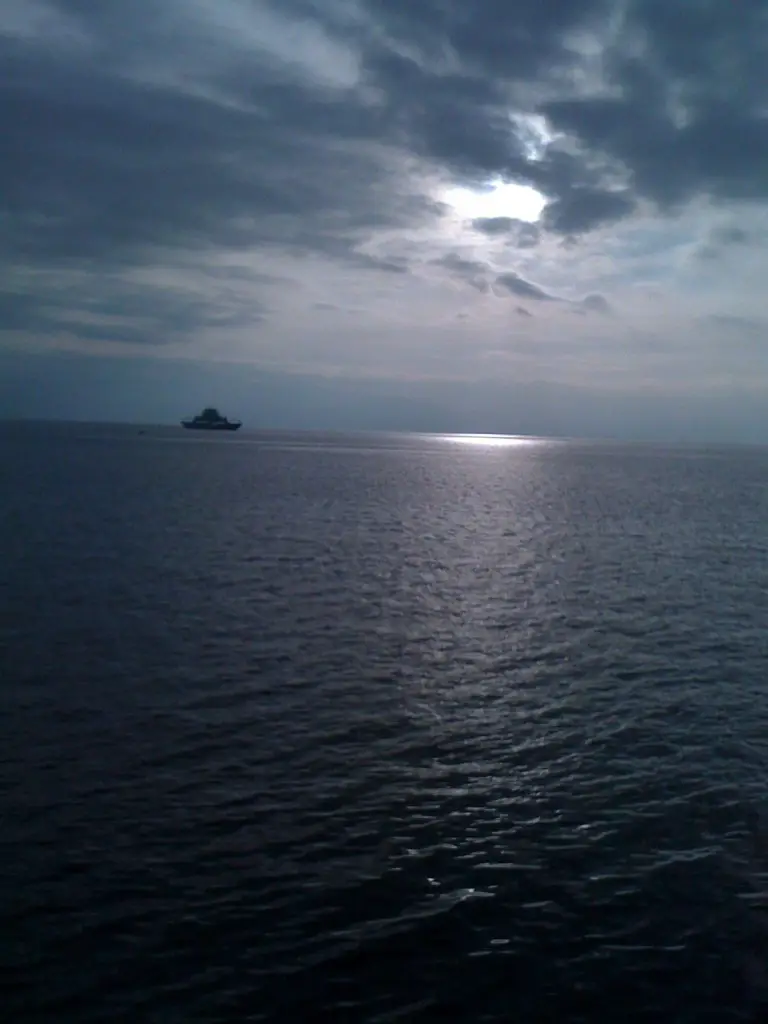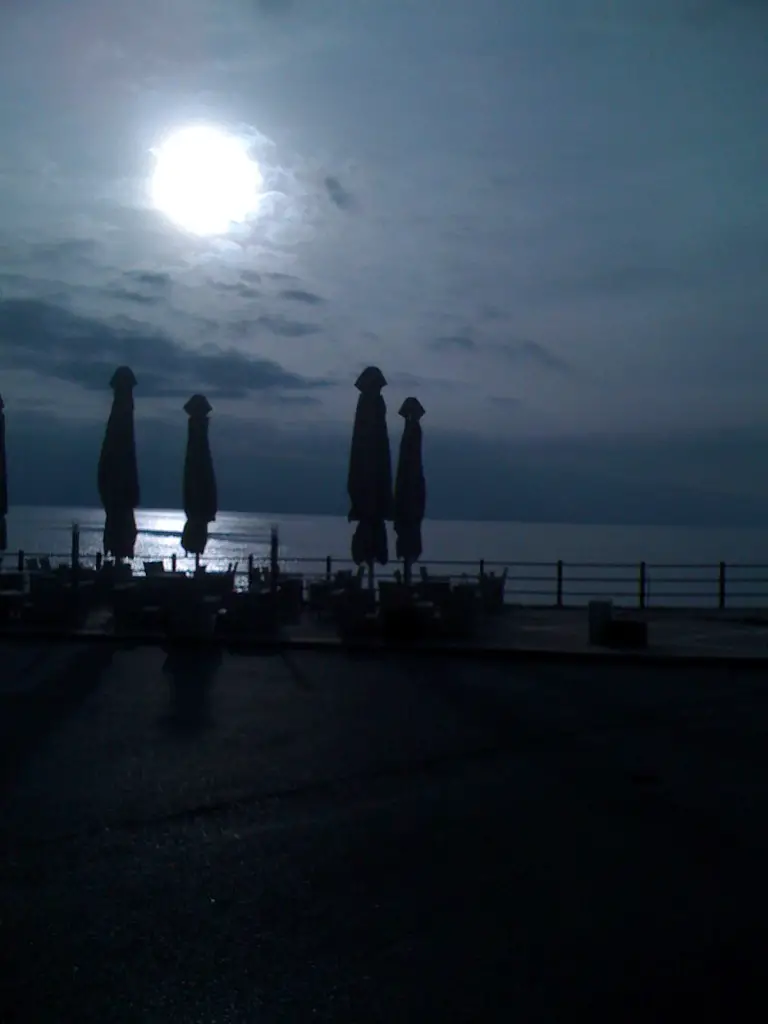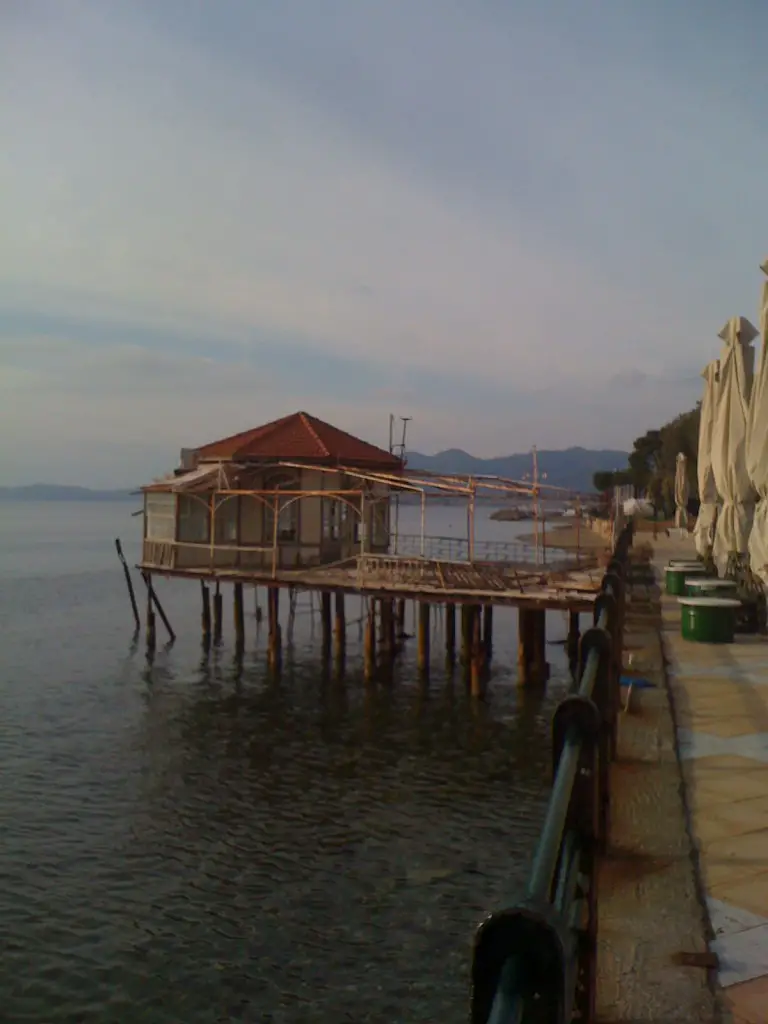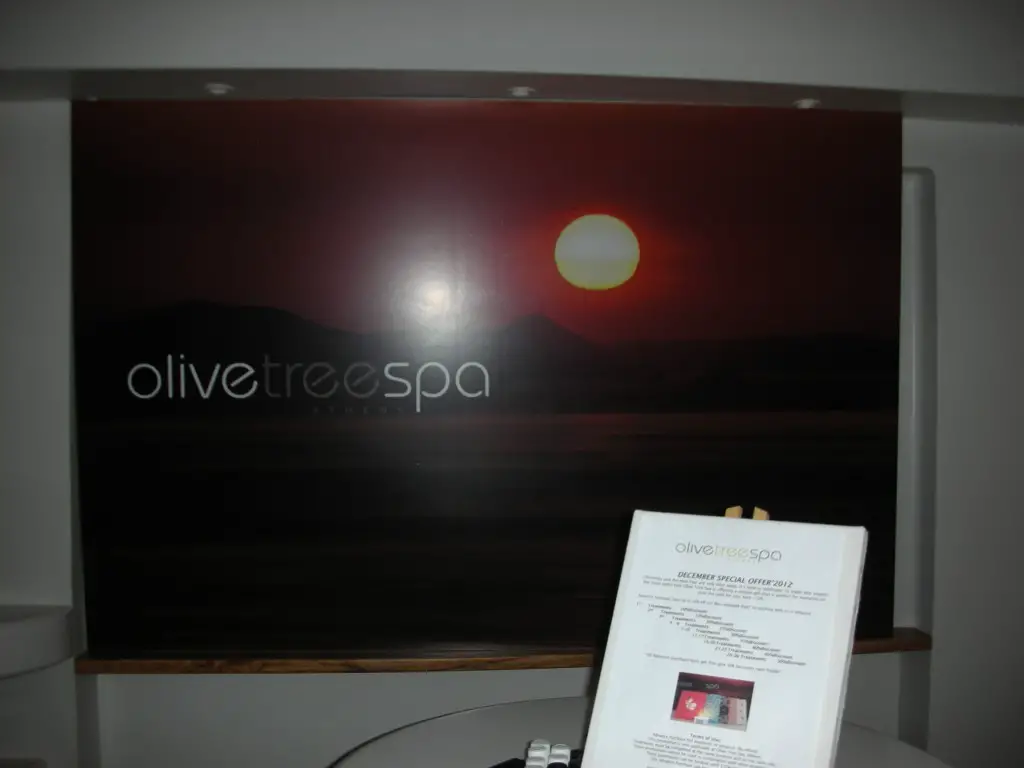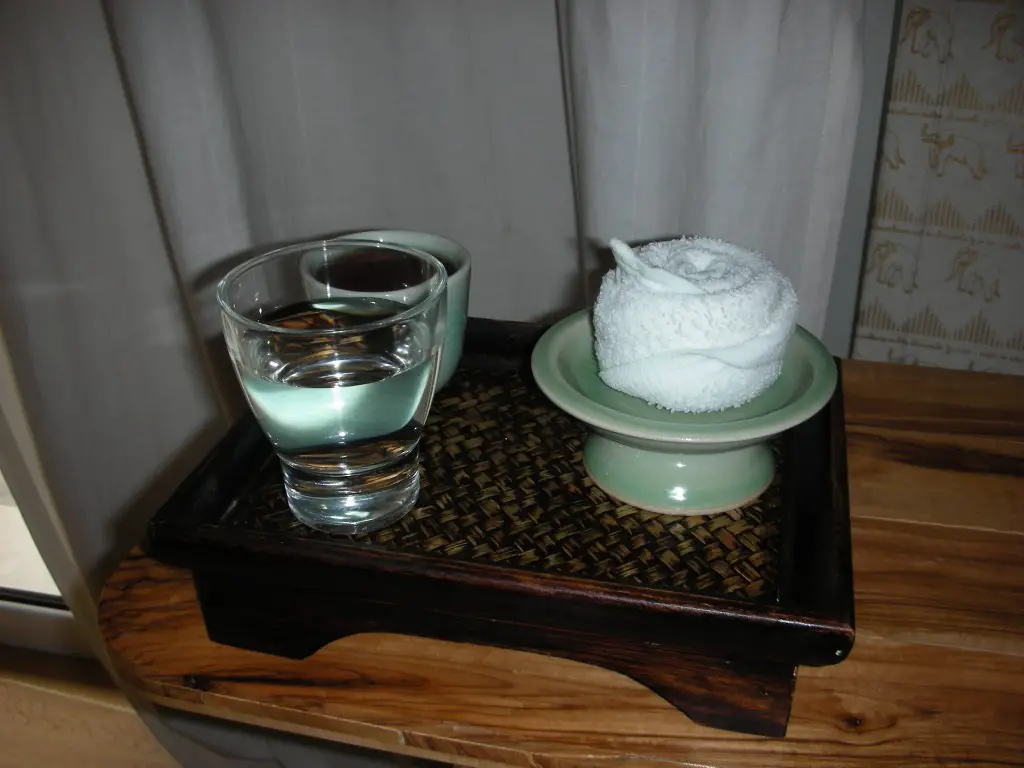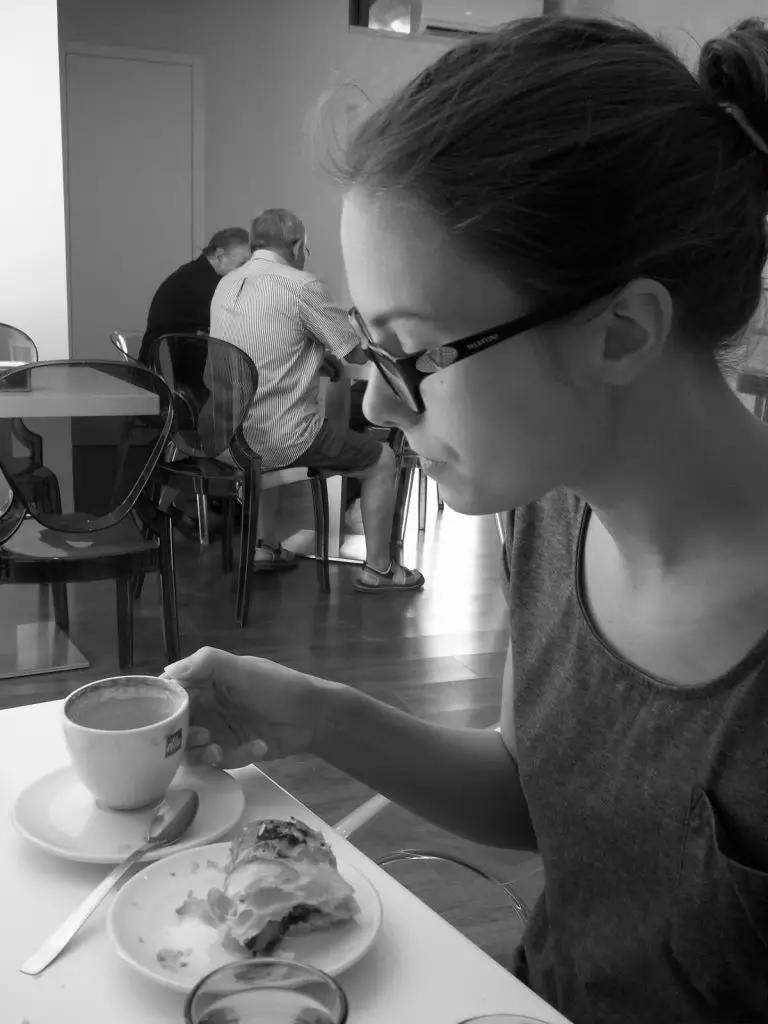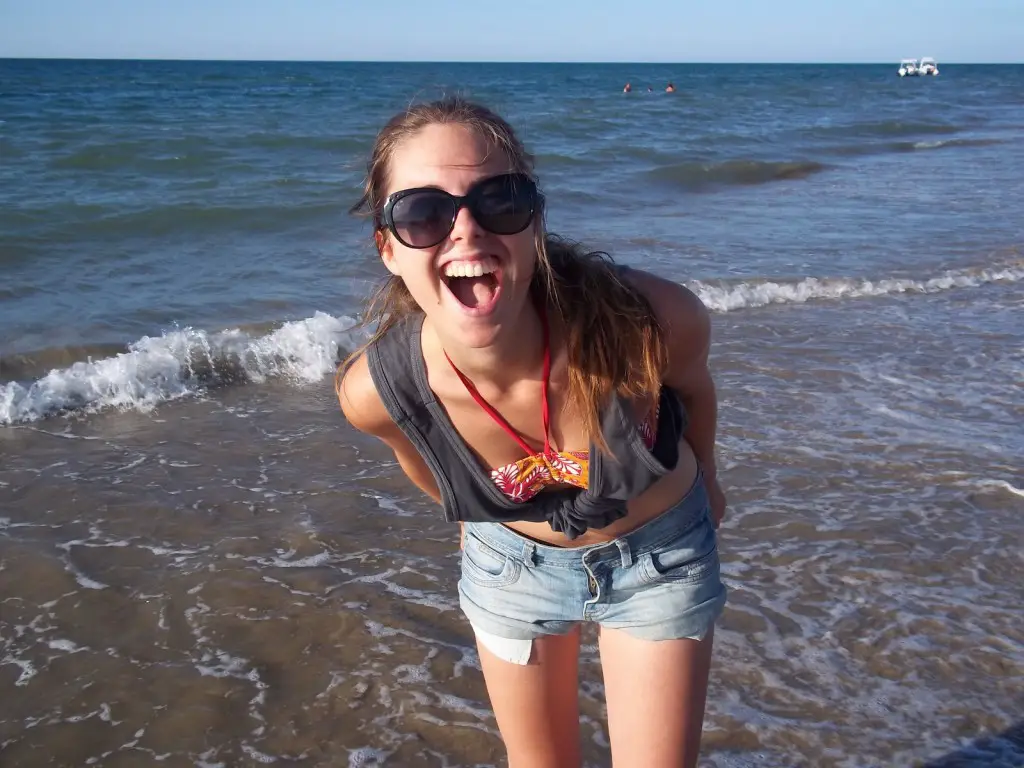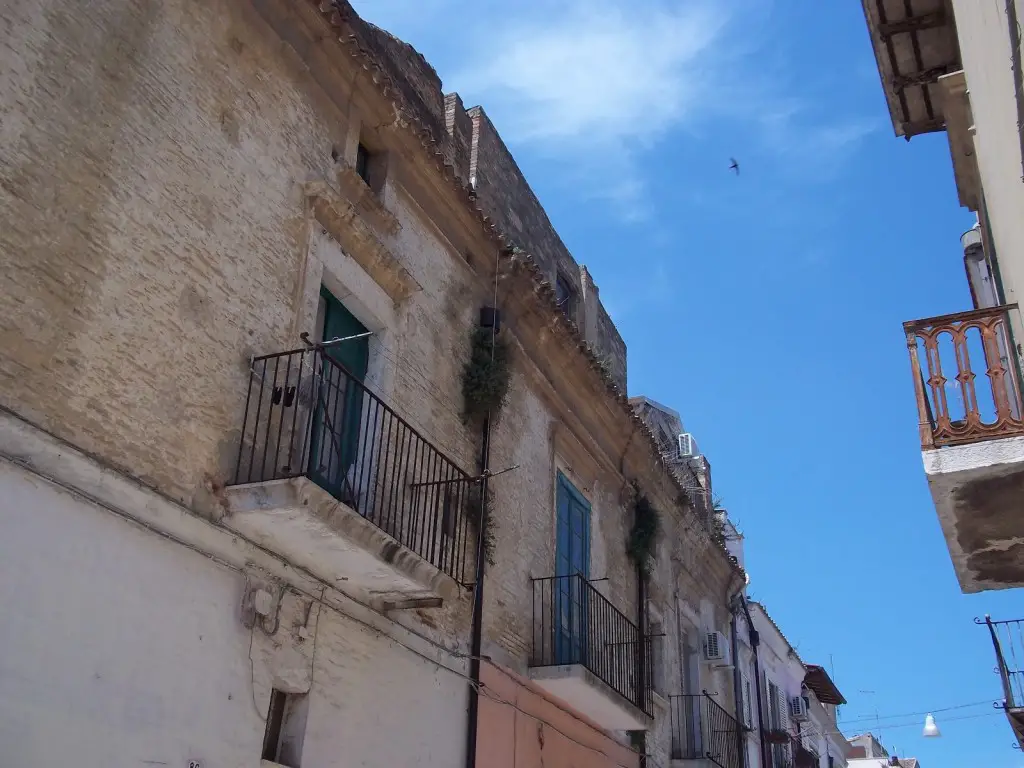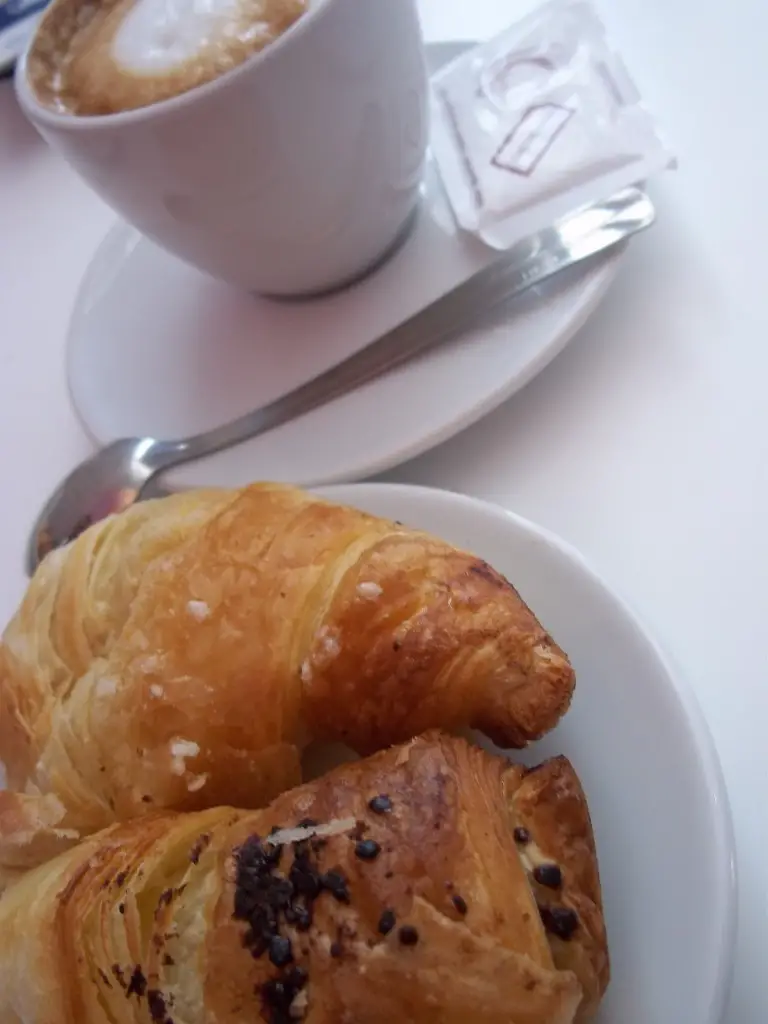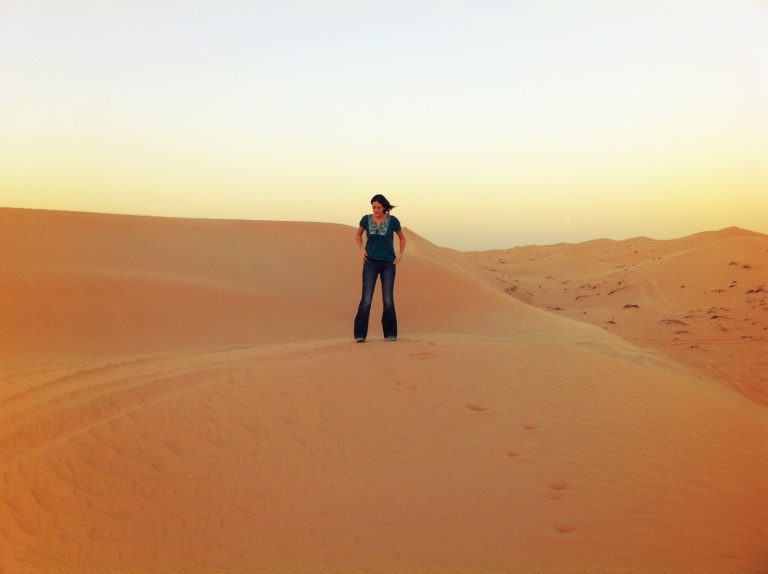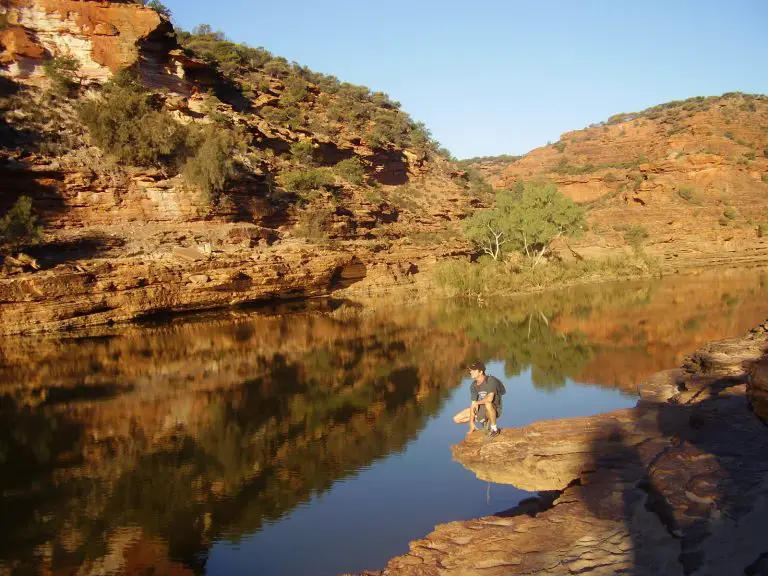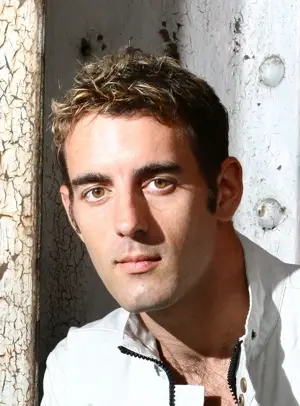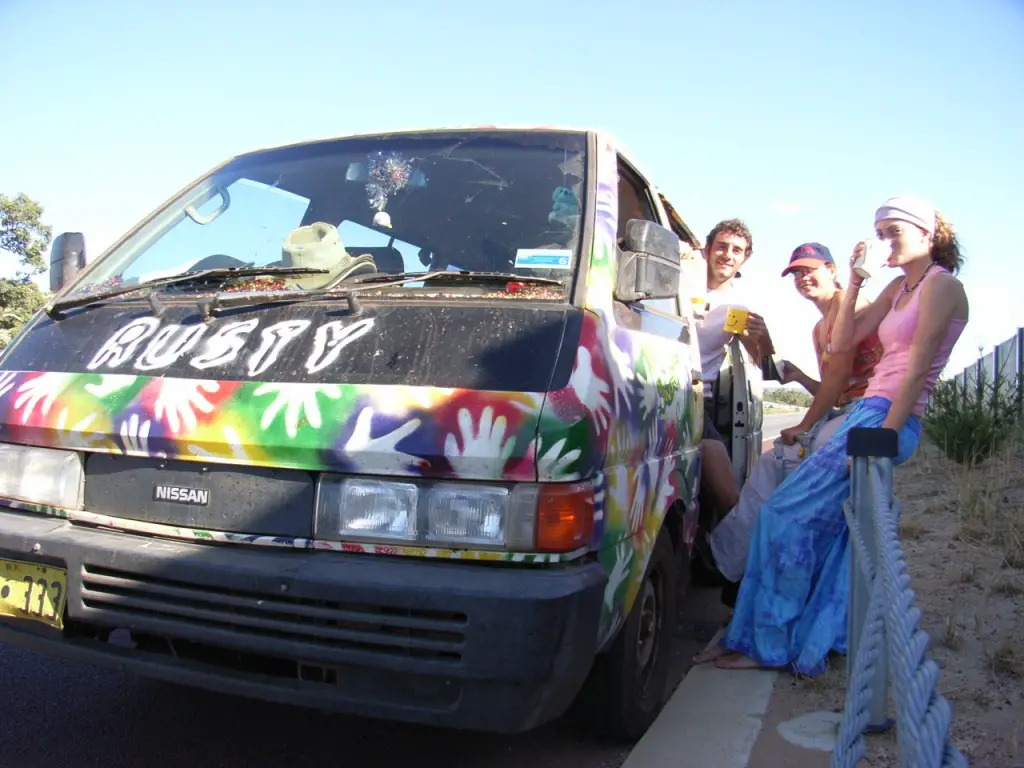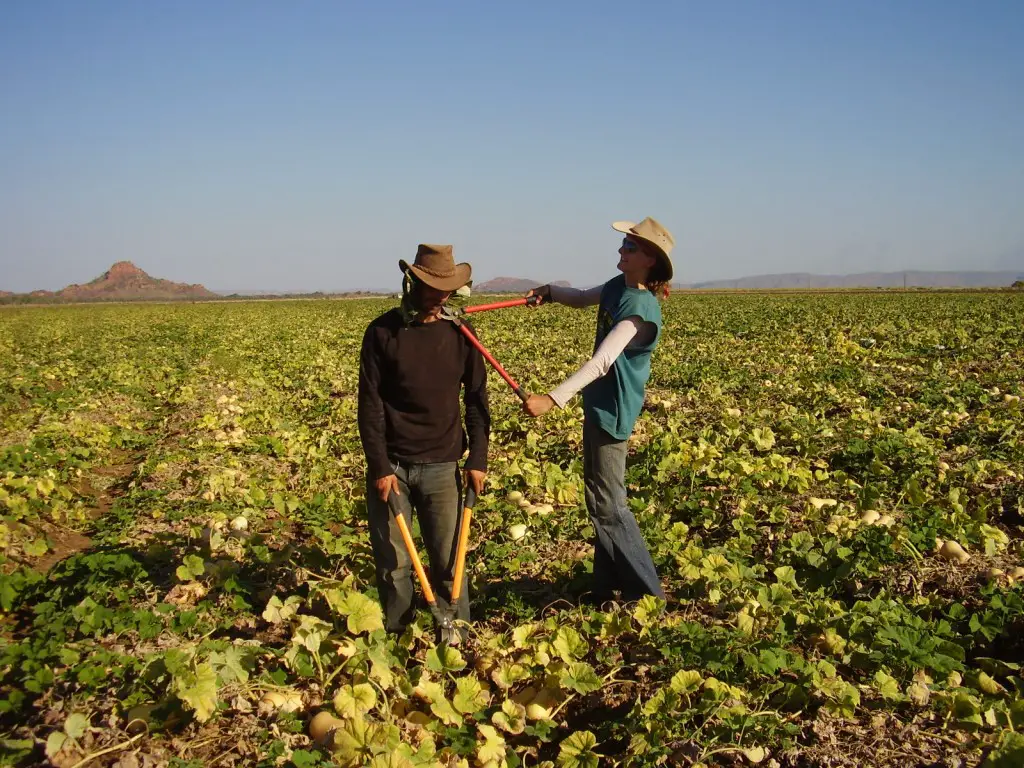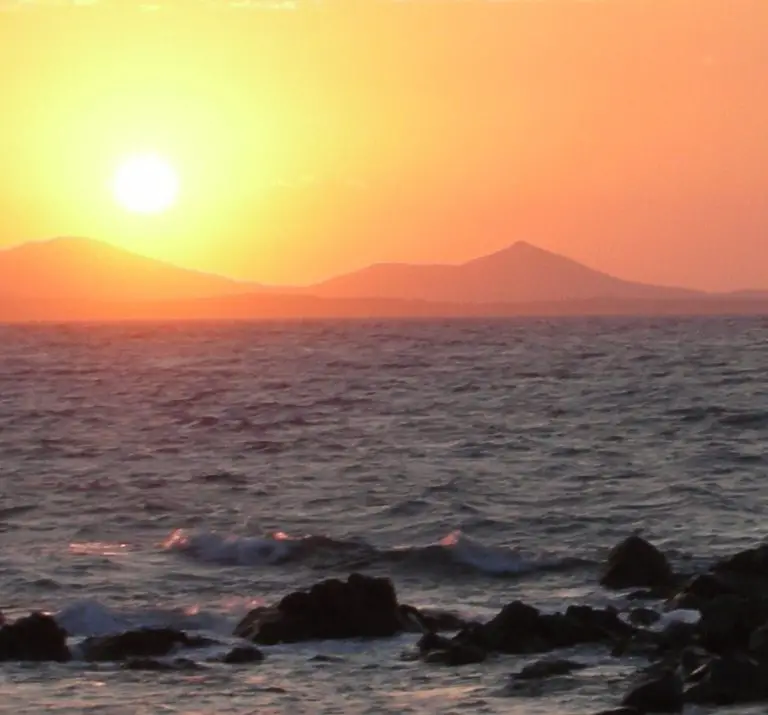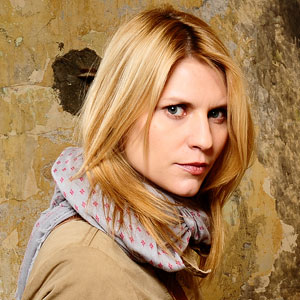Back in September 2012, when I started the League of Expat Writers, I kicked off with my own post about language differences and how we can mis-interpret cultures because of this.
Today, the League of Expat Writers features Sarita, a British expat currently living in Bologna where she’s been working as an English teacher for two years and also experiencing the same issues as my initial post. Whether it’s running around teaching six-year-olds, or helping adults prepare for holidays or exams, she enjoys teaching all ages and abilities because it keeps her on her toes and means she’s always learning. She also writes a blog in which she combines her interests: teaching, Italian culture, language and thoughts on religion and faith.
DIE! DIE! DIE!
I turned on the spot and stared at the man who had just shouted these words. It was broad daylight but he seemed to be openly threatening the jovial shopkeeper with whom he been laughing only a few minutes before. But, to my surprise, the shopkeeper continued to chat as if nothing had happened and so I wandered away feeling rather perplexed.
I had only recently moved to Italy but I soon noticed that this strange scenario was being played out on every street corner and piazza. Adults and children alike would wave their arms and yell ‘die! die!’ at each other and no one seemed to bat an eyelid at this declaration. I realized that it is was only a matter of time before I myself would be at the receiving end of this surprisingly common Italian threat.
It happened in the most unlikely of circumstances.
I had merely suggested to my Italian friend that we should go out for a coffee some time. Her face lit up and she exclaimed ‘die! die!’ I leapt upon the chance to ask what it meant and discovered that she had actually said, ‘dai! dai!’ If taken literally it means ‘you give’ but it can also be used as a flexible interjection which can mean, ‘yeah, let’s do it’, ‘C’mon!’ or ‘you’ve gotta be kidding me!’
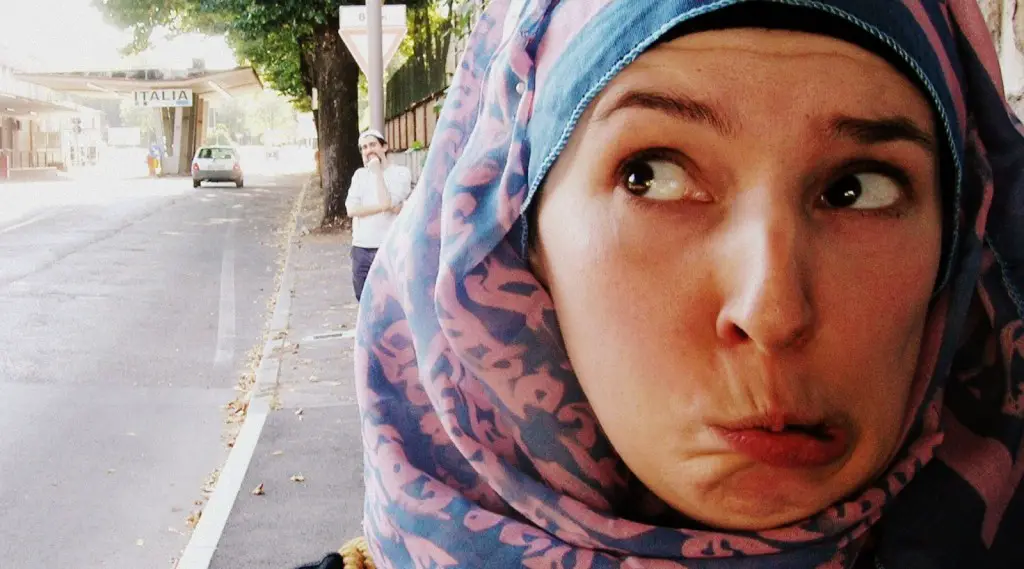
During my first year in Italy, there would be many more occasions where I’d confuse kind-hearted banter with aggression.
I arrived with very little knowledge of the language and so I often found myself in bit of a muddle. My main problems came from the fact that I often took Italian at face value without appreciating cultural differences. When you translate Italian literally it has a directness that we usually try to avoid in English for fear of sounding rude. Take ‘vai!’ for example, which is translated simply as ‘you go!’ which can sound alarmingly direct to the untrained English ear.
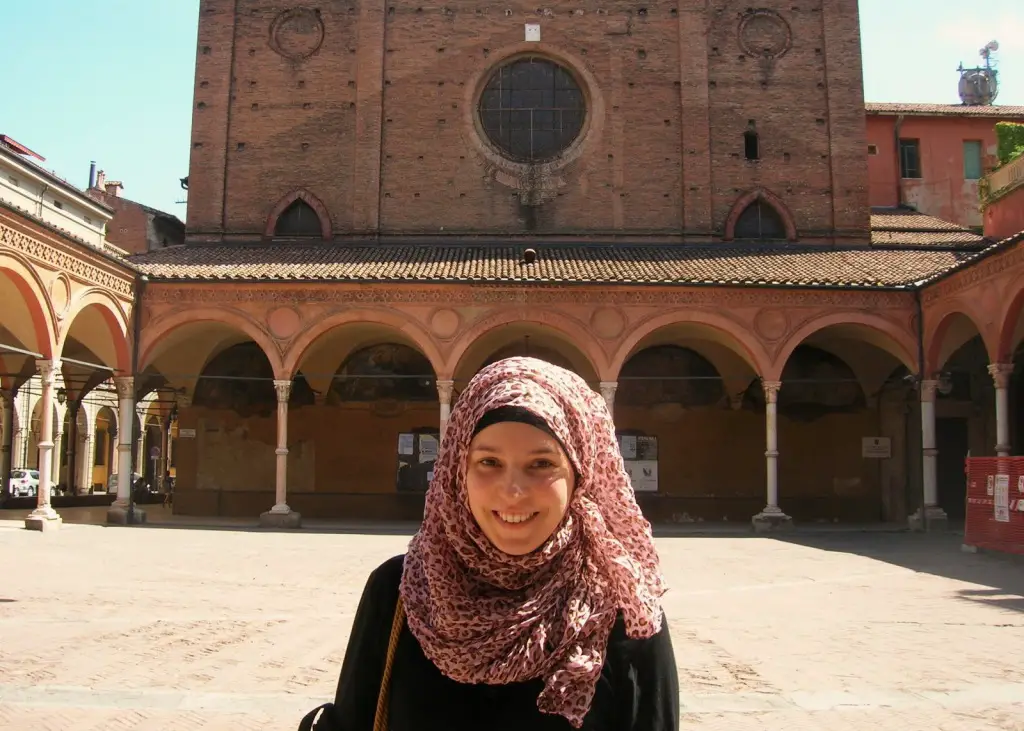
As a language learning newbie, I found that I fell into the rookie trap of literal translation when I began to learn Italian.
For instance, I was confused for a long while by formal Italian because it uses the third person ‘Lei’ form which literally translates as ‘she.’ So for a long time I couldn’t understand why bank clerks and shop assistants here had a funny habit of referring to people who weren’t in the room (‘what would she like to do?’) when actually they were just being polite to me.
For me, these misunderstandings and mistakes were a part of the fun of learning Italian. In fact, I learned a sizeable chunk of new vocabulary through these incidents and as we all know, it’s very difficult to forget an embarrassing situation no matter how hard you try. As strange as it sounds, this can really work to your advantage in language learning.
Good tomato
For example, I remember walking into a room and announcing ‘buon pomodoro’ to a group of Italians only to realize I’d just said ‘good tomato’ rather than the cheery ‘good afternoon’ which I’d intended. From that I learned the difference between pomodoro and pomeriggio but it also provided an opportunity for the Italians around me to explain that they rarely use ‘good afternoon’ and tend to jump quite happily from good day to good evening as soon as the lunch plates have been cleared away. At the time, I was just relieved that I wouldn’t have to worry about saying good tomatoes anymore!
I also discovered the woes of double consonants for English learners when I accidentally said Alan Rickman has a wonderful tuna of voice as opposed to tone
(by confusing tonnowith tono respectively) to an Italian friend I was trying to impress. Then of course there’s the absolutely awful faux pas of confusing anni (years) with ani (anuses) of which the least said the better.
So my advice to any language learners is: just throw yourself in and allow yourself to make mistakes, because more often than not, these mistakes will teach you far more than the classroom. Even if at times you wish the world would swallow you up because you confused agnello( lamb) with anello (ring), resist the urge to curl up into your shell (as tempting as it may be at the time), and instead, try to think of these embarrassing situations as learning tools. You’ll also discover that these blunders will be the anecdotes which you can’t wait to tell others when you get home!
Sarita can be found on Twitter and read her blog here.

